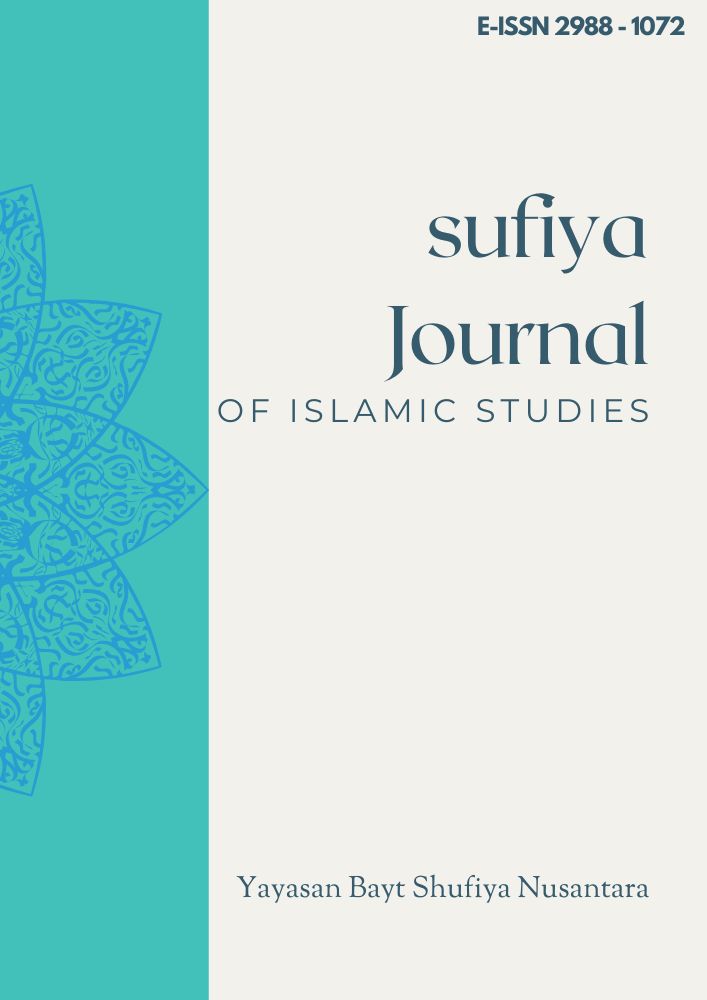Semantic Analysis of Refusal Expressions in Daily English Conversations
Keywords:
Semantic, Refusal Expressions, Daily ConversationsAbstract
This study explores the semantic features of refusal expressions in English daily conversations, focusing on how meaning is constructed through direct and indirect strategies. Drawing on recent developments in speech act theory, politeness theory, and sociopragmatic research, this study analyzes a variety of refusal forms that reflect both linguistic choices and social considerations. The data, compiled through qualitative library research and drawn from authentic conversational contexts, reveal that refusals often include hedges, modal verbs, and mitigating elements such as apologies or compliments. These features help soften the illocutionary force of refusal and preserve the hearer’s face. Semantic structures such as conditional clauses, discourse markers, and implicatures are commonly employed to encode indirectness, empathy, and politeness. The findings underscore how refusal expressions operate not merely as rejections but as context-sensitive speech acts shaped by cultural norms, social roles, and speaker intent.
References
Bella, S. (2014). Developing pragmatic competence in a foreign language: Learners’ use of refusals. Journal of Pragmatics, 61, 35–62. https://doi.org/10.1016/j.pragma.2013.11.010
Haugh, M. (2015). Im/politeness impromptu: Examining the variability of implicature. Journal of Pragmatics, 84, 18–30. https://doi.org/10.1016/j.pragma.2015.05.014
Ishihara, N., & Cohen, A. D. (2020). Teaching and learning pragmatics: Where language and culture meet (2nd ed.). Routledge. https://doi.org/10.4324/9780429023079
Kádár, D. Z., & Haugh, M. (2015). Understanding politeness. Cambridge University Press. https://doi.org/10.1017/CBO9781139382717
Kádár, D. Z., & House, J. (2020). Cross-cultural pragmatics: Language use and communication. Cambridge University Press. https://doi.org/10.1017/9781108676642
Kecskes, I. (2017). Utterance meaning and cognitive pragmatics. Cambridge University Press. https://doi.org/10.1017/9781316676840
Kecskes, I. (2022). Pragmatics and the flexibility of word meaning. Intercultural Pragmatics, 19(2), 145–170. https://doi.org/10.1515/ip-2022-0007
Kurniasih, L. (2021). Indonesian EFL learners’ refusal strategies: A sociopragmatic study. Jurnal Pendidikan Bahasa dan Sastra, 21(1), 85–93. https://doi.org/10.17509/bs_jpbsp.v21i1.38150
Kurniawan, D. E., & Marlina, E. (2022). Politeness strategies in refusing requests used by students in speaking class. JEES (Journal of English Educators Society), 7(1), 14–23. https://doi.org/10.21070/jees.v7i1.1507
Locher, M. A., & Watts, R. J. (2018). Relational work and impoliteness: Negotiating norms of linguistic behaviour. In J. Culpeper, M. Haugh, & D. Z. Kádár (Eds.), The Palgrave handbook of linguistic (im)politeness (pp. 65–86). Palgrave Macmillan. https://doi.org/10.1007/978-1-137-37508-7_4
Morkus, N. (2019). Refusal strategies in Egyptian Arabic and American English. Intercultural Pragmatics, 16(1), 1–30. https://doi.org/10.1515/ip-2018-0022
Taguchi, N., & Ishihara, N. (2018). The pragmatics of English as a lingua franca: Research and pedagogy. TESOL Quarterly, 52(3), 707–718. https://doi.org/10.1002/tesq.454
Terkourafi, M. (2015). Conventionalisation: A new agenda for im/politeness research. Journal of Pragmatics, 86, 11–18. https://doi.org/10.1016/j.pragma.2015.06.008
Yuliana, S., & Yanti, N. (2019). Refusal strategies in EFL context: A case study of Indonesian students. ELTIN Journal, 7(2), 67–78. https://doi.org/10.22460/eltin.v7i2.p67-78
Downloads
Published
How to Cite
Issue
Section
License
Copyright (c) 2025 Rimtahi Marbun, Bernieke Anggita Ristia Damanik

This work is licensed under a Creative Commons Attribution-ShareAlike 4.0 International License.














